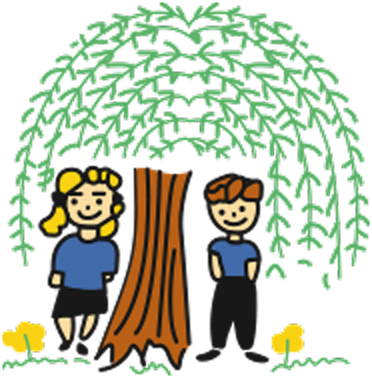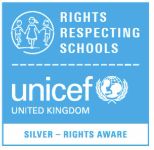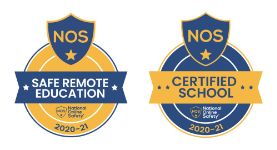Safeguarding Children Online
Online Safety at The Willows
Online Safety is about using technology safely, especially technology that can access the internet or be used to communicate with others. At The Willows School we recognise that internet, mobile and digital technologies provide positive opportunities for children and young people to learn, socialise and play but they also need to understand the challenges and risks. Technology is becoming an integral part of children’s lives; it entertains them, engages them and motivates them. As a result, the use of technology has become a significant component of many safeguarding issues. In many cases such as child sexual exploitation, radicalisation and bullying, technology often provides the platform that facilitates harm.
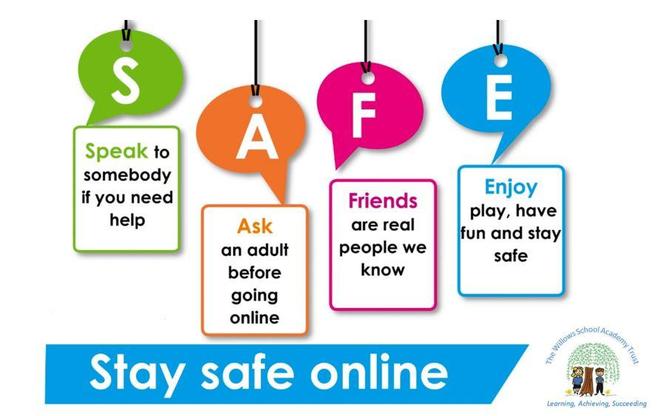
The rules for online safety apply to any technology or device that can be used for communication and/or has access to the internet. This includes:
- Computers and laptops
- Tablets
- Mobile phones
- Smart watches
- Games Consoles
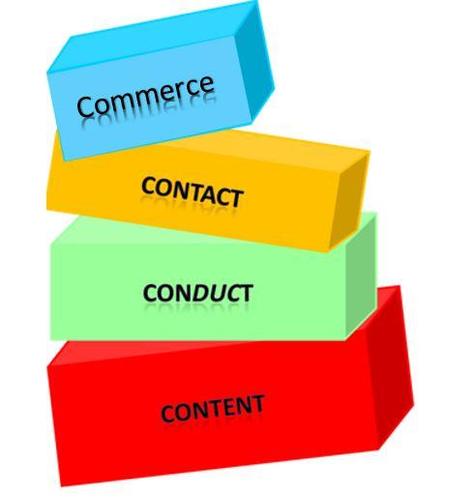 The breadth of issues classified within online safety is considerable, but can be categorised into four areas of risk:
The breadth of issues classified within online safety is considerable, but can be categorised into four areas of risk:
- Commerce: advertising and marketing schemes which can also mean inadvertently spending money online, for example within applications, spam emails and in app purchases.
- Contact: being subjected to harmful online interaction with other users; for example, commercial advertising as well as adults posing as children or young adults.
- Conduct: personal online behaviour that increases the likelihood of, or causes, harm; for example, making, sending and receiving explicit images, or online bullying.
- Content: being exposed to illegal, inappropriate or harmful material; for example, pornography, fake news, racist or radical and extremist views.
These four issues are taught within our school online safety curriculum; however, this is flexible to adapt to any topical issues at present within current society and the needs of our school community.
Child Exploitation and Online Protection command
Are you worried about online sexual abuse or the way someone has been communicating with you online?
Make a report to one of CEOP's Child Protection Advisors
